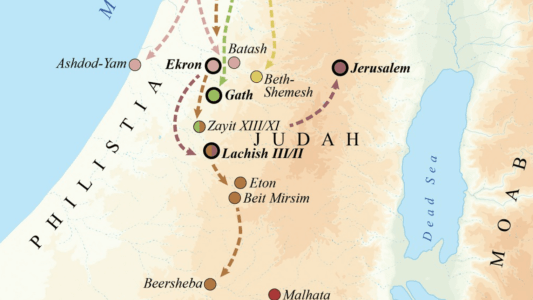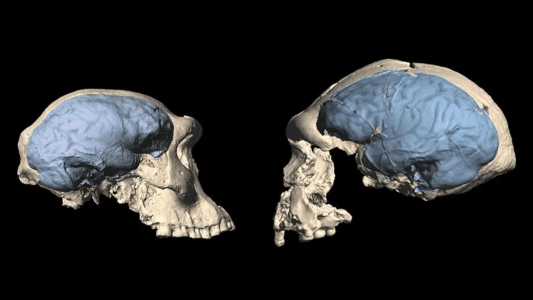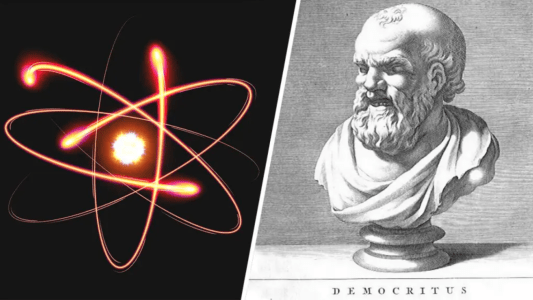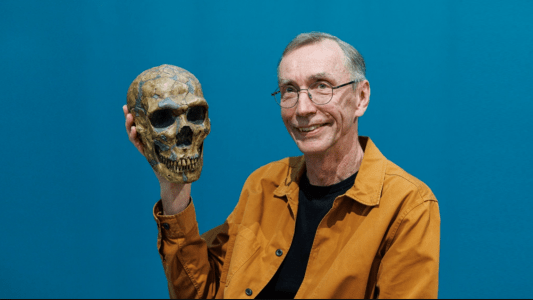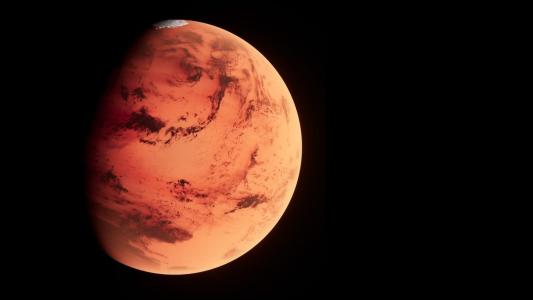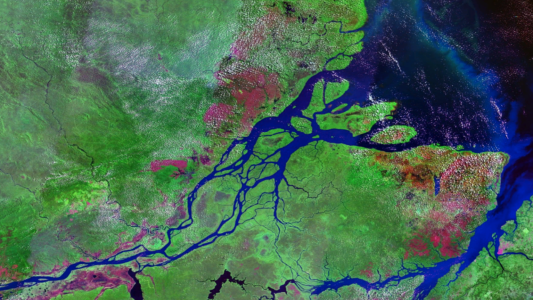History
Earth’s magnetic field supports biblical stories of destruction of ancient cities
By utilizing the ancient orientation of the Earth’s magnetic field, scientists have been able to piece together the history of ancient Judea.
How flu got milder since 1918 pandemic
The risk of death from influenza has declined over time, but globally, hundreds of thousands of people still die from the disease each year.
Our ancestors first developed humanlike brains 1.7 million years ago
Using computed tomography, a team of researchers generated images of what the brains of early Homo species likely looked like.
How Greek philosopher Democritus predicted the atom in 400 B.C.E.
The idea of atoms goes as far back as the ancient Greek philosopher Democritus in 400 B.C.E., who thought physics left no room for free will.
Wild mammals are making a comeback in Europe thanks to conservation efforts
Many large mammals in Europe were close to extinction. New data shows us that the continent’s mammal populations are flourishing again.
Svante Pääbo wins Nobel Prize for discovering an extinct human species via DNA
Swedish geneticist Svante Pääbo has won the Nobel Prize for "discoveries concerning the genomes of extinct hominins and human evolution."
Three reasons “you” won’t return after this life
Entire religions are constructed around theories of an afterlife, but former monk Stephen Batchelor lists three reasons you won't come back.
Paradox-free time travel is “logically” possible, say physicists
An undergraduate and his supervisor ran the numbers and found paradox-free time travel to be mathematically consistent.
A neural network discovered Copernicus’ heliocentricity on its own
Scientists trained a neural network to predict the movements of Mars and the Sun, which placed the Sun at the center of our solar system.
Laser scans reveal ancient cities hidden in the Amazon river basin
Lidar technology reveals the surprisingly complex infrastructure and urban planning that united Casarabe settlements.
